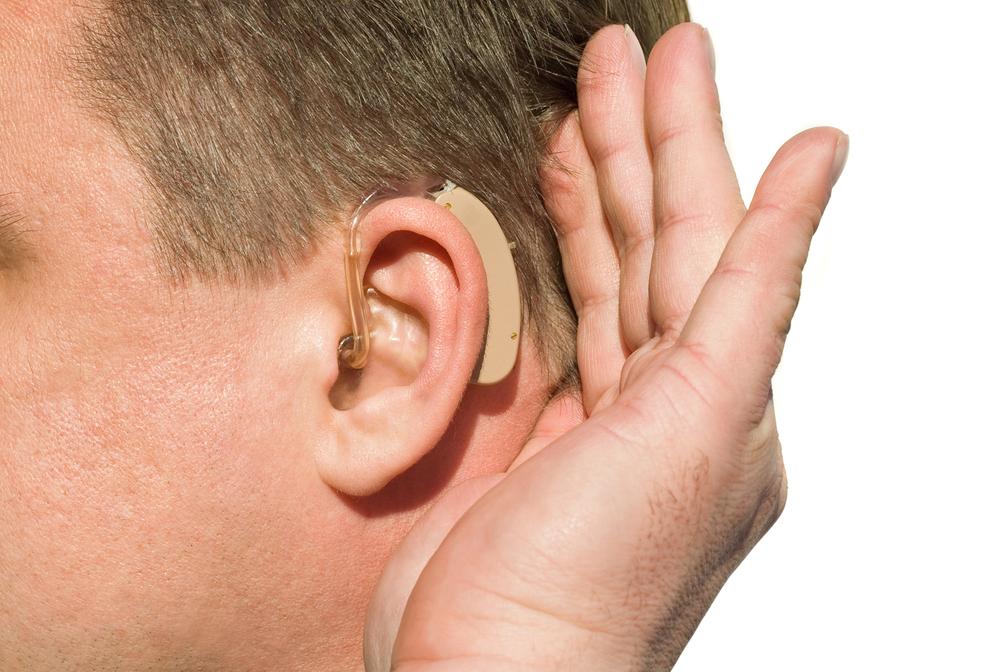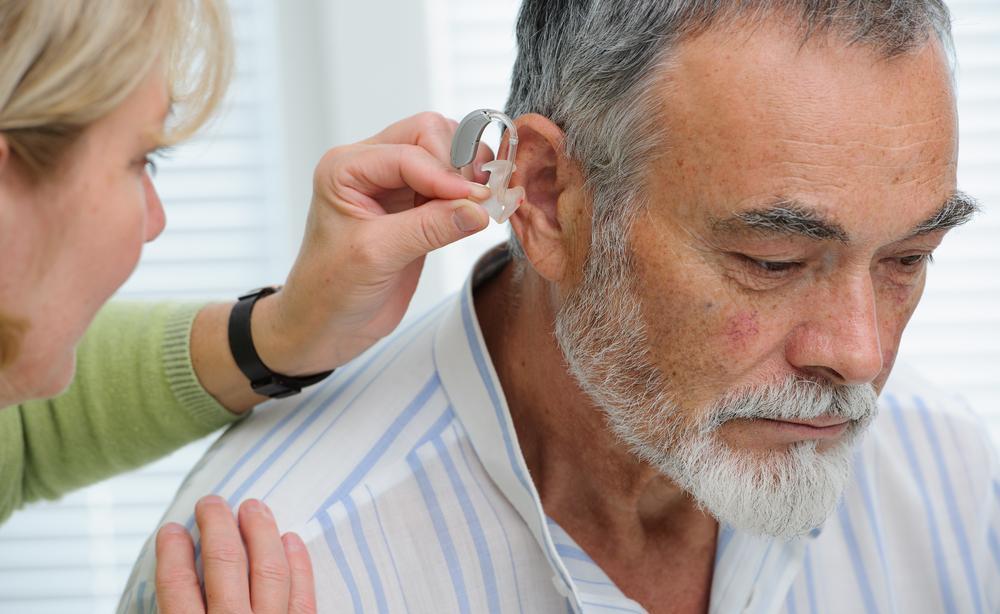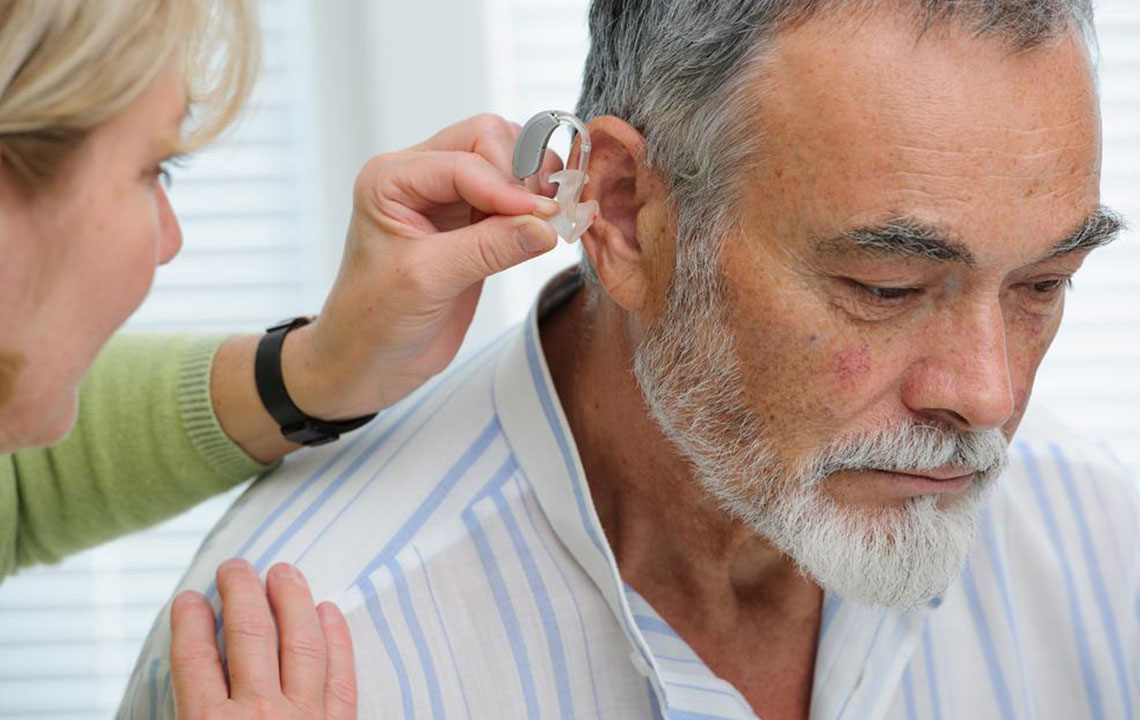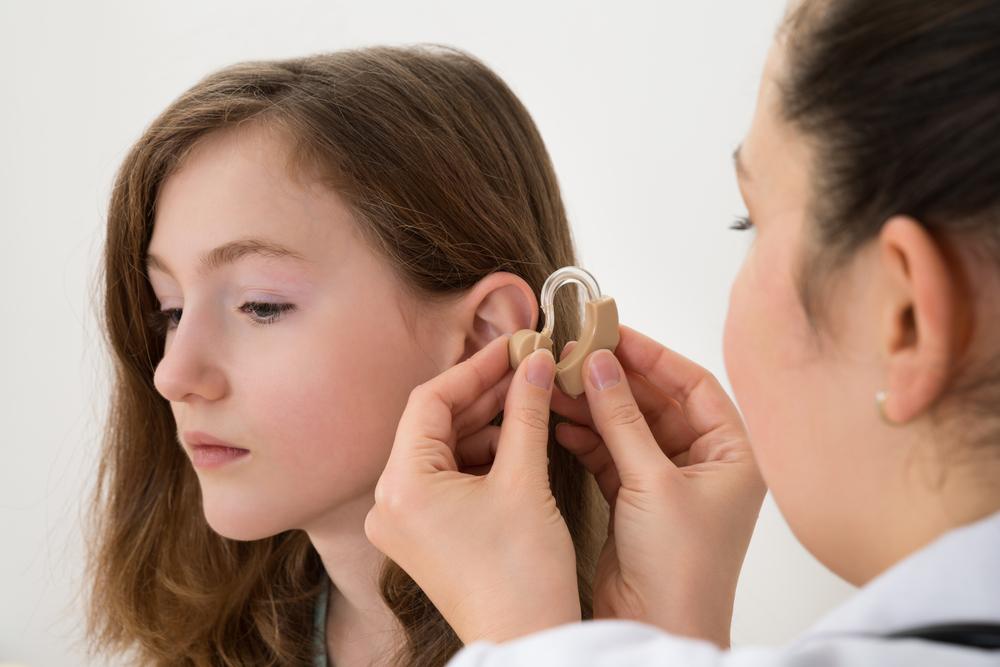Essential Guide to Choosing the Perfect Hearing Aid
Choosing the right hearing aid involves assessing your hearing loss, budget, and needs. By considering factors such as testing, warranty, features, and bargaining options, you can make an informed decision. Testing multiple models and consulting trusted providers or acquaintances can improve your chances of finding the perfect device. Proper fitting and understanding trial rights are essential for optimal results. This guide provides valuable tips to help you navigate the selection process effectively, ensuring better hearing and communication.
Sponsored

Guide to Selecting the Ideal Hearing Aid
Hearing loss, even mild, can significantly impact daily life. When considering a hearing aid, it's crucial to evaluate your hearing level, budget, and listening environment. With many digital options tailored to specific sound needs, choosing the right device requires careful consideration.
How to Find the Best Hearing Aid?
Pricing varies widely, from around $400 to over $4,500 for pairs of digital models.
Some providers charge separately for testing, hearing aids, and services, while others include all in one fee. It's important to review terms, warranty coverage, and policies before making a purchase. Keep these tips in mind:
Secure a written purchase agreement outlining all terms. Ensure warranty details are documented and honored. Take your time and avoid rushing into a decision.
Test multiple brands and models to find the best fit.
Since most hearing aids are programmable, ask your provider about the best sound processing features for your needs. Features like directional microphones, telecoils, and remote controls should be demonstrated and tested during fitting.
Understand your rights regarding trial periods. Try different models for a week each to compare comfort and performance over time.
Set clear expectations before purchasing. Bringing along a trusted friend or family member can help you make a more informed choice, as they can provide additional feedback and prevent miscommunication.
If you know someone with experience using hearing aids, ask for their provider recommendations to save time, money, and avoid poor choices.
Ensure your hearing test is performed in a soundproof booth for accurate results. An automated 'real ear' measurement can verify proper fit and performance before you leave the clinic.
Consider which extras or add-ons are necessary. If your lifestyle is mostly home-based, avoid unnecessary features that may inflate costs.
Since prices typically range from $1,600 to $3,000 and are not covered by Medicare, bargaining is advisable. Consumer surveys have shown that retailers often apply significant markups, leaving room for negotiations.
Keep these tips in mind to select the hearing aid best suited to your needs, ensuring better communication and quality of life.






